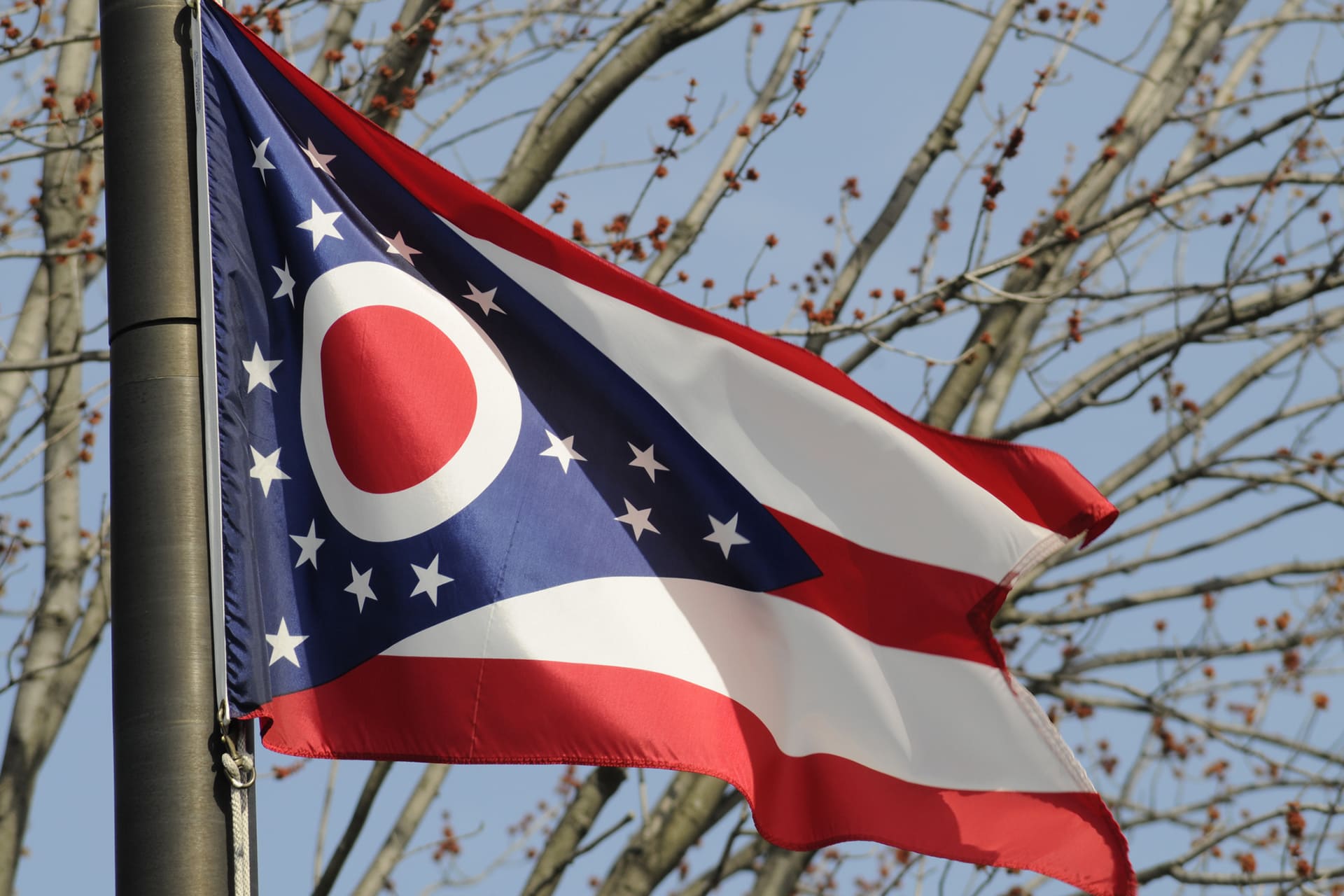If you’re an Ohio in-house attorney and you value your freedom to make career moves, then you’re in luck. On Feb. 7, the Ohio Board of Professional Conduct issued an opinion letter stating that in-house counsel cannot be bound by non-compete agreements.
Ohio Rule of Professional Conduct 5.6(a) states that a lawyer may not participate in an “agreement that restricts the right of a lawyer to practice after termination of the relationship, except an agreement concerning benefits upon retirement.” There is a strong public policy allowing parties to be represented by the counsel of their choice, and any agreement that restricts an attorney’s ability to practice would undermine that public policy.
Although Ohio is generally a friendly state to employers regarding non-compete agreements, employers must establish a protectable interest to enforce such covenants. According to the Ohio Board of Professional Conduct, “a lawyer’s professional autonomy and a client’s freedom of choice outweigh a business’s interest in protecting itself from competition.” However, this should not be a cause of concern to employers. One of the predominant reasons for requiring employees to sign non-compete agreements is to protect the employer’s confidential information. Presumably, this should not be an issue with attorneys who would be bound by the attorney-client privilege not to disclose confidential information they learn of in the course of providing legal advice.
The board clarified that if an in-house attorney has both business and legal job functions, the attorney may still agree to a non-compete that covers their business services, so long as it does not prevent them from practicing law after their separation of employment.













